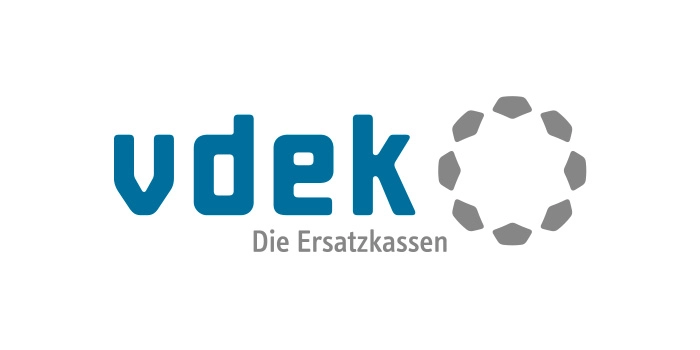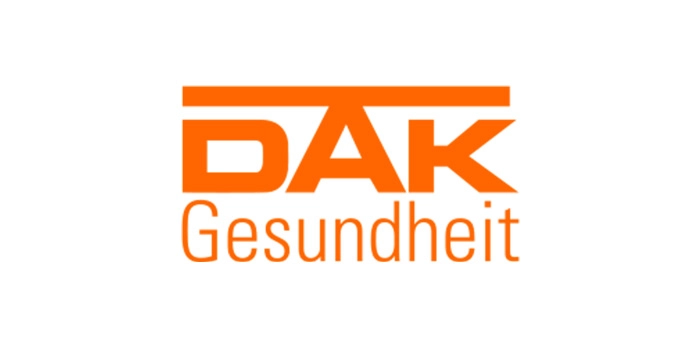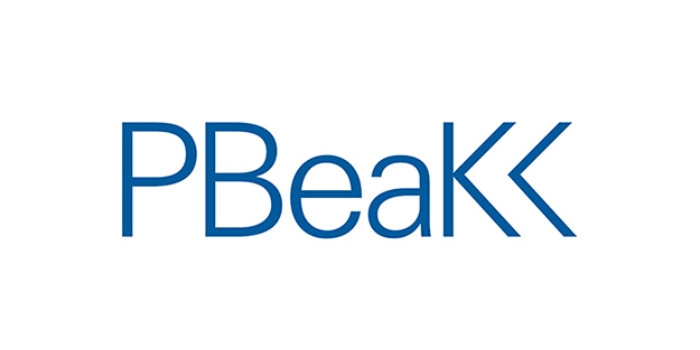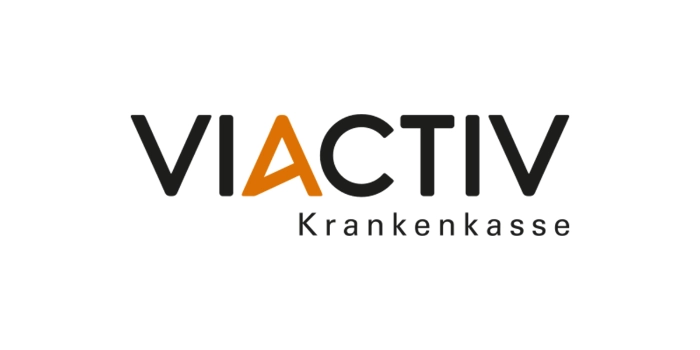

"There is often a lack of awareness among the population about what AI means”
Interview with Jörg Bienert
Since 2021, msg has been a member of the AI Association (KI Bundesverband) – Germany’s largest AI network. In this interview, Jörg Bienert, CEO and founding member of the association, talks with Mark-W. Schmidt about the potential of the partnership. Schmidt is head of the AI area at msg.
1. Mr. Bienert, what exactly is the AI Association?
Jörg Bienert: We are the largest network for AI companies in Germany with more than 400 members. Our goal is an active, successful and sustainable AI ecosystem in Germany and Europe. We are standing by the side of AI entrepreneurs by representing their interests vis-a-vis politics, economy and the media. We also enable them to learn from each other’s experience.
2. Mr. Schmidt, to what extent do the mission and goals of the AI Association match msg’s
position?
Mark-W. Schmidt: The mission of the Association is to ensure that AI technology is used within the framework of European and democratic values and that Europe achieves digital sovereignty. msg is also giving some thought to this in a corporate context because customers are becoming dependent on the functionality and availability of solutions from large companies. We are thinking about Europe’s digital sovereignty on a larger scale here. This is why we are assisting the development of the European AI ecosystem to prevent complete dependence on the US and China.
3. According to the goals of the AI Association, AI technology should be used in the spirit of
European and democratic values. How can this be ensured?
Bienert: Digital sovereignty in Europe is in danger, especially with regard to large AI models from the US and China. This is where „LEAM“ (Large European AI Models), an initiative of the AI Association for training large European AI models, is intended to counteract. As a European network, we want to act as a strong global player with the implementation of European values.
4. Is there really a kind of “gap” between the EU and the US in the development of AI standards?
Schmidt: It's true: In Europe, we place a greater emphasis on data protection than is the case in other countries. Nevertheless, the US is taking many steps to address the impact of new technologies on society and individual privacy. The American Federal Trade Commission (FTC) is worth mentioning here. For example, it has enacted regulations prohibiting discrimination because of race, skin color, religion or gender through algorithms. We can already look forward to more regulations from the US.
5. The Association has set itself the goal of strengthening innovation in Germany. What challenges do you face in particular?
Bienert: There is often a lack of awareness among the population about what AI means and how it can be used sensibly and efficiently. Many still have ideas about dangerous AI that will displace humans from their jobs. Small and medium-sized companies also still lack the acceptance and will to use AI in their own companies. In addition, small companies in particular often lack access to enough data to train AI. This inhibits the innovative power of AI startups.
In addition, we expect major problems from the European Union's AI regulation. We welcome the intention to reduce legal uncertainties in the field of AI with the EU AI Act. However, the current version goes far beyond the original goal and therefore represents an obstacle especially for start-ups with regard to AI innovations.
Schmidt: I, too, fear that overregulation could have negative effects on the innovative strength of the German AI startup scene. At the same time, regulation such as the AI Act is necessary to ensure that the use of AI-based systems does not negatively impact on people’s safety, health, and fundamental rights. But regulation must not go too far in order not to inhibit the potential for innovation. It is positive that the European Council is open to input from the business community.
6. What are concrete steps to meet these challenges?
Bienert: Currently, we observe data monopolization of large international companies. The provision of data by federal authorities can mean a significant improvement in data poverty here. Offering a data marketplace, a data institute or an open data pool, can also overcome the data obstacles. It would also be useful to revise the data strategy of the German federal government and the GDPR to increase the innovation potential and reduce legal uncertainties.
Schmidt: Identifying and collecting suitable test data in sufficient quantities is a challenge for all companies. Organizations would therefore be well advised to develop and continuously implement their own data strategy for their digital transformation. However, this presents a challenge for many. What data is already usable, in what quality, and where? What technologies are needed to establish smooth data management and to provide or use the required data in a targeted manner? We advise our customers in business alignment workshops, jointly define successful AI use cases and turn them into reality with our more than 40 years of industry and software engineering expertise.
7. Are there any initial success projects or examples that you can report on?
Bienert: LEAM and OpenGPT-X could be named as flagship projects. The last milestone of LEAM is the feasibility study, which investigates the potential of foundation models in Germany. In OpenGPT-X, large AI language models are being developed that enable new data-based business solutions and that are specifically targeted at European needs. Here, there is notable progress in expanding the AI infrastructure of our partners.
Schmidt: As already mentioned, msg is also a clear supporter of the LEAM initiative. What’s more, msg is a day one member of Gaia-X and a founding member of the International Data Spaces Association (IDSA), which specifies the rules and a reference architecture as a standard for using data beyond company boundaries. Gaia-X aims to build a high-performance, competitive, secure and trusted data infrastructure for Europe. Together with our commitment in the IDSA, we are actively shaping the functional scope of Gaia-X and thus creating added value together for and with our customers.











